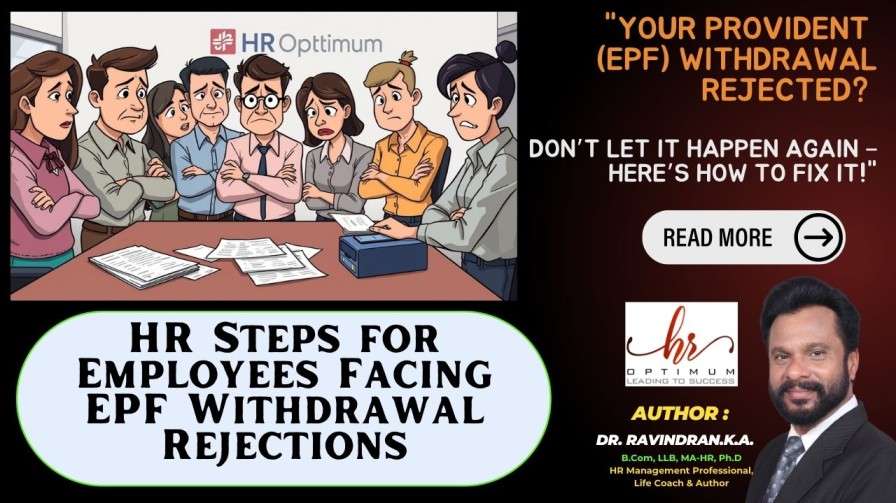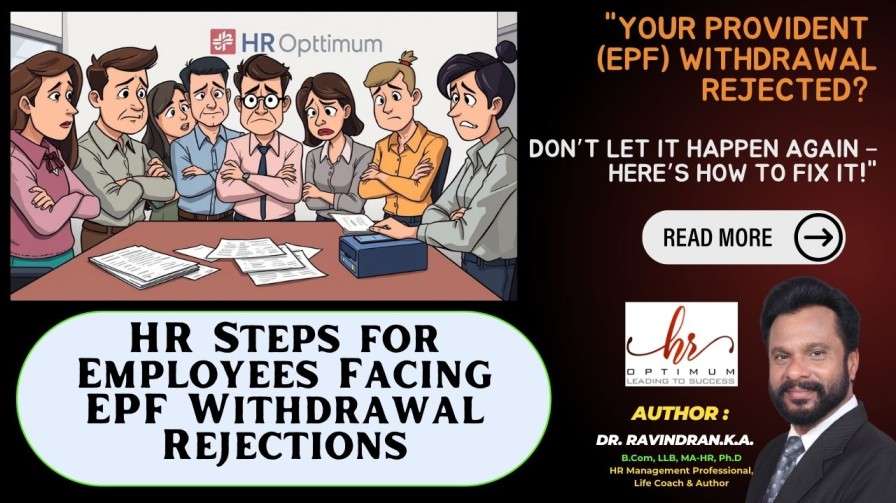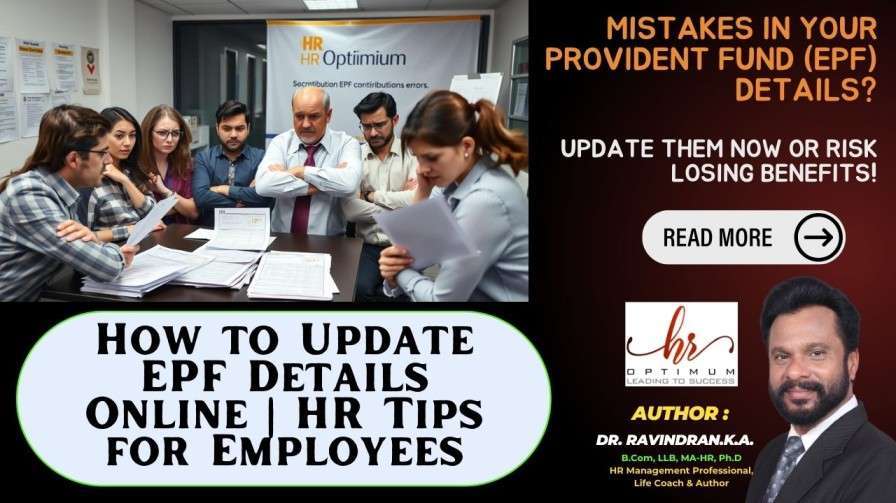Social Security Schemes for Employees: HR Compliance Checklist
Are you an employer in India? Do you know about labour social security and labor laws for your workers’ well-being and protection? The complexity of HR compliance can be overwhelming. But worry not. This article will help you understand and manage employee welfare and legal risks.
Thank you for reading this post, don't forget to subscribe!Not following these rules might lead to fines, legal trouble, and harm your company’s reputation. Yet, creating a supportive and compliant work environment is rewarding. So, let’s start exploring HR compliance in India together.
Key Takeaways
- India’s mandatory social security schemes include the Employees’ Provident Fund (EPF), Employees’ State Insurance (ESI), and Maternity Benefits etc.
- HR compliance is crucial for minimizing legal risks, such as employment-related grievances, penalties, and lawsuits.
- Employers must adhere to various labor laws, including the Minimum Wages Act, Payment of Wages Act, and Factories Act, 1948.
- Compliance with anti-discrimination and harassment laws, such as the Equal Remuneration Act and Sexual Harassment of Women at Workplace Act, is essential.
- Providing voluntary social security schemes, like pension plans and disability insurance, can enhance employee welfare and retention.
Understanding HR Compliance
HR compliance ensures that a company’s actions follow the law. This means they must be careful in hiring, paying, and keeping their employees safe. They also need to watch employee rights, store records right, treat everyone fairly, and keep good relations with workers. By following these rules, businesses can avoid problems, fines, and court cases. They also create a better and safer workplace for everyone.
What is HR Compliance?
HR compliance is about the rules and steps that keep a business legally sound. It covers things like treating workers right, making the workplace safe, and following equal opportunity laws. Companies need to stick to these to obey the law.
Importance of HR Compliance
HR compliance matters a lot. It stops companies from getting sued or facing big fines. It also helps create a workplace that’s free of bullying and unfairness. This way, it supports finding good employees and keeping them happy. Plus, it makes sure everyone is safe at work. Adhering to these rules makes a company not just legal but also fair and good to work for.
Consequences of Non-Compliance
Not following HR rules can really harm a company. Already, U.S. businesses have had to pay $3 billion for breaking these laws since 2000. This can ruin a company’s image, making it hard to hire or keep good employees. Also, it can lead to more fines and trouble.
Mandatory Social Security Schemes
Employers in India need to follow labour laws and other rules. They must ensure their workers are part of important social security plans. These plans guarantee benefits like the Employees’ Provident Fund (EPF), Employees’ State Insurance (ESI), and maternity support. These are key for both employee wellbeing and making sure businesses stick to the law.
Employees’ Provident Fund (EPF)
The Employees’ Provident Fund (EPF) offers a way for employees in India to save for retirement. Employers must put in a portion of the employee’s salary to this fund. Information about the EPF, including the latest registration rules, can be found at the Bapuji Stationery store in Parel, Mumbai.
Employees’ State Insurance (ESI)
The Employees’ State Insurance (ESI) Act ensures medical help and support for sickness or maternity. Employers need to join the ESI Corporation and help fund this scheme with a portion of the worker’s pay. Necessary items such as ESI registers and books are available at the Bapuji Stationery store.
Maternity Benefits
The Maternity Benefit Amendment Act, 1970 lays down rules for maternity leave and care for women at work. Businesses must keep records like the Form 10 Maternity Benefit register and other important documents. These are also stocked at the Bapuji Stationery store.
Statutory Compliance Checklist
It’s vital for employers in India to keep up with statutory requirements. This includes following labor laws that secure employee rights and promote a safe, ethical workplace.
Minimum Wages Act
The Minimum Wages Act, 1948, is crucial for setting fair minimum wages. It helps protect workers from being underpaid. Employers need to keep special records, according to this Act, to prevent employees from being taken advantage of.
For more information about the Minimum Wages Act and how it impacts businesses, check out with us for detailed guide. Learn why keeping the necessary records is important for everyone.
Payment of Wages Act
The Payment of Wages Act ensures wages are paid on time and limits what can be deducted. As a part of this rule, employers should keep a special record book for deductions. You can find this book at any legal Book Stores in India.
Factories Act, 1948
The Factories Act, 1948 aims to keep factory workers safe and healthy. It sets guidelines for their well-being on the job. It’s essential for businesses to fully comply with this Act. Doing so helps maintain proper standards and looks after the workforce.
Anti-Discrimination and Harassment Laws
Keeping the workplace fair and just is very important in India. There are two main laws to ensure this: the Equal Remuneration Act from 1976 and the Sexual Harassment of Women at Workplace Act from 2013.
Equal Remuneration Act, 1976
The Equal Remuneration Act from 1976 says men and women should get the same pay for the same work. It aims to stop pay discrimination because of gender. Employers must follow this rule and make sure everyone gets equal pay for equal work.
Sexual Harassment of Women at Workplace Act, 2013
The Sexual Harassment of Women at Workplace Act, or PoSH Act, was made in 2013. Its goal is to end sexual harassment at work. Companies must have strong rules and ways to stop and handle any harassment case.
Following these laws isn’t just required; it’s key to building a diverse and welcoming work culture. This kind of culture supports and helps every worker feel empowered.
Social Security Schemes
In India, there are mandatory social security schemes like Employees’ Provident Fund (EPF) and Employees’ State Insurance (ESI). Employers can extend voluntary pension schemes to their employees too. These offer financial support during retirement. They meet the needs of old-age security and survivor benefits.
Pension Schemes
Programs like the Atal Pension Yojana (APY) and the National Pension Scheme for Traders and Self-Employed Persons are key. Employers can include these in their offerings. They help employees get a steady income post-retirement. This covers their financial and security needs.
Health Insurance
Health insurance is vital for employee welfare. Employers offer various health/medical insurance plans apart from Ayushman Bharat – Pradhan Mantri Jan Arogya Yojana and Atal Behari Vajpayee Jan Arogya Yojana. These plans ensure medical expenses are covered for employees and their families. It meets the health care needs of employees.
Disability Insurance
If employees face a long-term illness or injury, disability insurance helps. Employers might extend accident insurance schemes apart from Pradhan Mantri Shram Yogi Maan-Dhan Yojana. This provides financial help during disability. It meets the specific disability insurance needs of employees.
Employee Benefits and Welfare
Employers in India often choose to offer more than what’s required by law. They add extra benefits and welfare programs to support their employees. These extras help workers feel better, encourage them to be involved, and show that the company cares. This care is evident through benefits like industry practices and government assistance.
Gratuity
Gratuity is a special payment given by the employer to the employee. It is given when the employee leaves the job after a long service or at retirement. Employers need to follow the Gratuity Act, making sure they pay this amount to those who deserve it.
Leave Encashment
Leave encashment allows employees to get money for the days off they didn’t use. This happens when they leave their job. Employers must tell their employees how they calculate and give this money. This way, everyone knows what to expect.
Employee Assistance Programs
Employee Assistance Programs (EAPs) are like a support system for employees and their families. They provide help and advice on personal and work problems. These programs are not mandatory, but having them at work can improve how employees feel and how well they work. They contribute to a workplace that cares for its people.
Registration and Record-Keeping
Keeping proper records and registration is key for businesses in India. They must follow both state and national rules to stay legal.
Shops and Establishment Act
This act is for shops, businesses, and services in each state. Businesses must sign up with the state and meet its rules, which differ by location.
Professional Tax
Every state has a tax for working individuals. Companies need to join this tax and pay it on time for their workers.
Maintenance of Registers
Companies have to keep many records to follow labour rules. They need to update attendance, pay, and overtime records regularly. These items can be found at the Legal Book Stores anywhere in India.
Compliance for Contract and Migrant Workers
Keeping up with labour laws does not only apply to regular workers. It also covers those on contract and migrant workers. Employers have to follow the rules of the Contract Labour (Regulation and Abolition) Act and the Inter-State Migrant Workmen Act.
Contract Labour (Regulation and Abolition) Act
The Contract Labour (Regulation and Abolition) Act, 1970 looks out for the rights of contract workers. Companies using contract workers need to register them and keep records. For this, they should keep up with the latest CLRA registers, available in the new format at the various Law Book Shops.
Inter-State Migrant Workmen Act
The Inter-State Migrant Workmen Act steps in when businesses hire migrant workers from a different state. Employers must follow this Act to protect their migrant workers’ rights and well-being. This Act is key to preserve the rights and unique needs of migrant employees working across states.
HR Policies and Employee Handbooks
As businesses get bigger, it’s key for them to create detailed HR policies and an employee handbook. These should explain company policies and employee rights and responsibilities. Making sure these policies follow the law and common practices keeps employees safe and lessens legal risks.
Research shows that about 87% of companies give new employees handbooks. These handbooks are typically 40 to 50 pages long and talk about company policies, culture, and benefits. Also, 70% of firms update their HR policies every year to stay current with laws and what’s considered best in their industry.
More and more, companies are looking to add augmented reality (AR) to their handbooks. This can make the handbooks easier to use and more engaging. It has been found that good handbooks can lead to a 20% boost in how much employees care about their jobs.
For firms with 50 or more workers, it’s crucial that their HR policies match local, state, and national laws. Policies need to be clear and fair for all employees, no matter the field they work in.
While exact HR policies might differ by industry, some things are always needed. This includes steps for disciplining and letting employees go, fair pay rules, what to do about attendance, and how to stay safe at the workplace. These policies should be easy to find for employees, bosses, and the HR team, usually in an employee handbook or system.
Putting together strong HR policies and an employee handbook helps organizations run smoother. It saves time, avoids legal issues, and makes welcoming new hires easier. Even though they’re not a must by law, handbooks do a lot of good for both workers and their bosses. They help create a workplace that’s fair and open.
Conclusion
In India, employers need to follow many social security schemes and laws for their workers’ safety. They must check off a list that includes important social security schemes, laws against discrimination, benefits for employees, and keeping records. Knowing and practicing these rules helps companies avoid legal trouble. It also makes their workplace better and shows they care about their workers.
The Indian government offers pension schemes, health insurance, and disability insurance for the people working. They also have rules for gratuity, maternity benefits, and more. The goal is to provide a strong safety net and help for things like income support, unemployment benefits, and retiring safely. This way, they take care of employees throughout their lives.
Following the HR compliance and utilizing government benefits helps both the workers and the company. It lowers the chance of legal issues and supports the social security of the employees. This makes the team happier and more efficient. With the right efforts in employee welfare and sticking to government social security plans, businesses and their people can enjoy lasting success and happiness.
FAQ
What are the mandatory social security schemes for employees in India?
In India, employees must be part of the Employees’ Provident Fund (EPF) and Employees’ State Insurance (ESI). There’s also maternity benefits for mothers.
Why is HR compliance important for organizations?
HR compliance helps companies avoid legal troubles like fines or lawsuits. It makes sure the workplace is safe and fair. It also boosts recruitment and keeps employees happy.
What are the consequences of non-compliance in HR?
Not following HR rules can harm a company. It may face expensive fines or legal action. This can also stain its reputation and make it hard to hire people.
What is the Employees’ Provident Fund (EPF) and what are the employer’s responsibilities?
The EPF is a savings plan for Indian employees. Employers must put a part of each worker’s pay into this fund. They also have to keep EPF records up to date.
What is the Employees’ State Insurance (ESI) and what are the employer’s responsibilities?
The ESI Act offers healthcare and other benefits. Employers join and pay for their workers’ ESI. They also keep accurate ESI documents.
What are the provisions for maternity benefits in India and what are the employer’s responsibilities?
The Maternity Act gives female workers time off with pay. Employers need to keep specific records and follow maternity leave rules.
What are the key labor laws that employers must comply with in India?
Employers must follow laws about wages, equal pay, factories, and more. They should keep the necessary paperwork updated regularly.
What are the additional social security schemes that employers can offer to their employees?
Employers can give extra retirement, health, and disability benefits. These help employees feel secure and cared for.
What are the other employee benefits and welfare measures that employers should consider?
Companies can offer retirement benefits, extra paid time off, and support programs. These are helpful when employees face hard times.
What are the key registration and record-keeping requirements for employers in India?
It’s important for employers to keep accurate records and follow local regulations. They can get the needed paperwork from Legal Book / Stationery Stores.
How do the labour laws and compliance requirements differ for contract and migrant workers?
There are special laws for contract and migrant workers to protect their rights. Employers must register and record these workers differently.
What should employers consider when developing HR policies and employee handbooks?
Companies need well-defined policies and guides for employees. These should be fair, clear, and follow the law. Everyone must know what to do.
 hroptimum
hroptimum




